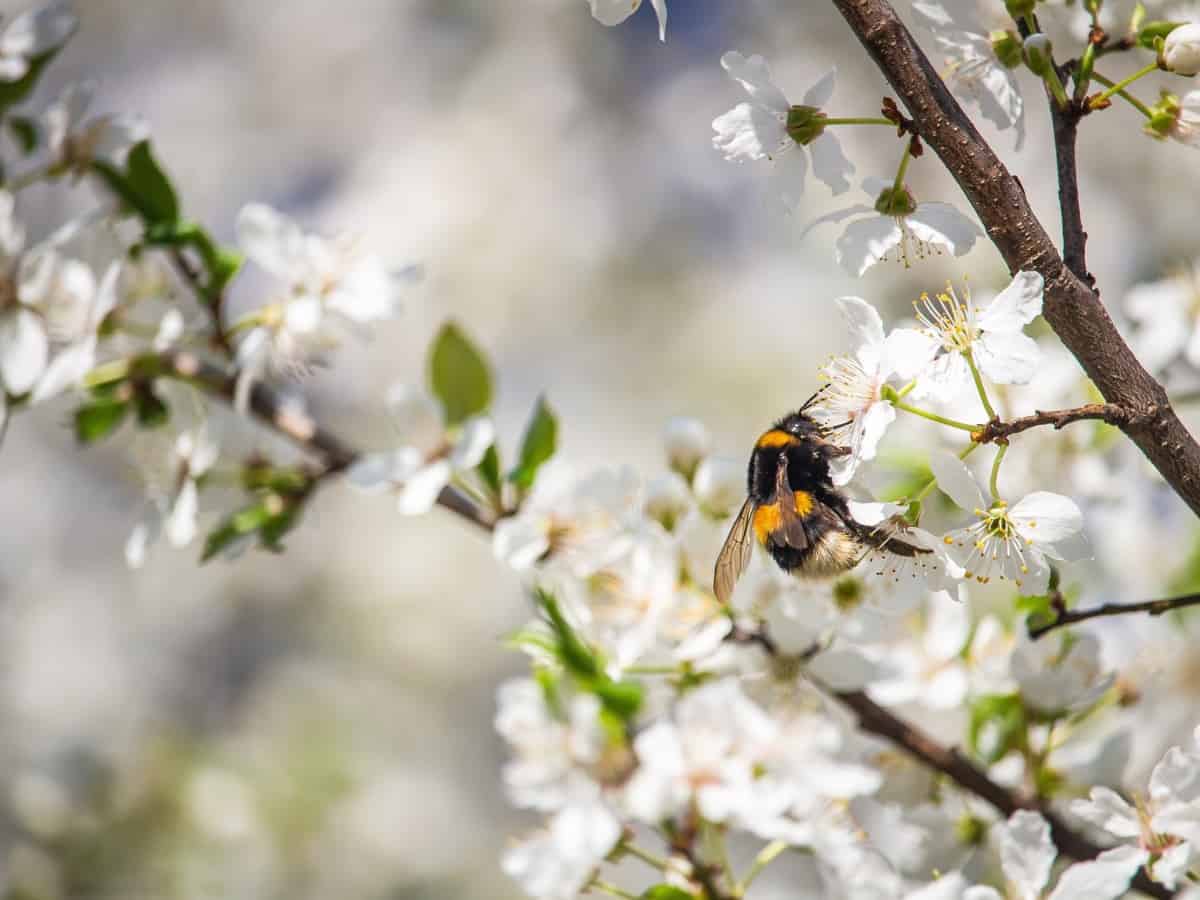Only one kind of wasp matters to the victim—those that sting.
One of the most annoying pests to have on your property is wasps. Wasp infestations can spread quickly in the summer and cause painful stings and bites, which are particularly common in children.
Stinging insects such as wasps, bees, and hornets are among the most beneficial animals in the natural world, that is until they sense a threat from a human.

Bees are peaceful creatures that are essential to the process of pollinating plants. A busy little bumble bee collecting nectar for its hive is the most welcome insect to a gardener. Because they consume practically all pest insects, wasps and hornets can be very useful allies in keeping pests out of your home.
The problem is that when stinging insects or their nests are threatened, they become pests that can ruin your day and yu may need a wasp control expert immediately. If you are allergic to their stings, they may even transport you to the hospital.
Bees, wasps, and hornets are distinguished by their rounder bodies covered in short, downy hairs. These hairs attract pollen granules while the bees sip flower nectar.
Wasps and hornets, in contrast to bees, have smooth, slim bodies with narrow waists. Because of their sleek design, they are better suited for hunting. Wasps and hornets feed on other insects and will scavenge for dead animals and trash. They adapt quickly to any available food source.
Wasps are all hornets, but hornets are not all wasps. Hornets are the more powerful members of the wasp family. Furthermore, they usually have black backgrounds with white banding.
There are over 100,000 different species of wasps in the world. Here are some of the most common ones.
Wasp colonies are made of paper-like materials derived from dead trees or plants, as well as chewed-up woody fibers derived from leaves and stems. The queen wasp builds the nest with the help of her daughter workers.
Once built, the nest serves as a nursery for larvae, which eventually mature into adults after emerging from their cocoons.
They prefer dark, moist environments and frequently build nests in unwelcome places. Wasps can live in a wide range of environments, including:
Wasps are classified as either social or solitary. Social wasps, like bees, are eusocial and live in colonies. In contrast, solitary wasps are less aggressive and frequently live underground.
In the fall, social wasp nests collapse, and all members become solitary. This is why, at this time of year, you see more wasps foraging alone.
Buzz around your hair, feeding on your food, and biting you when they sense danger, wasps are poisonous insects. Being stung by one of them is a horrible feeling.
If you have been stung by a wasp, the first thing you should do is remove the stinger with tweezers as soon as possible without using your bare fingers (to avoid infection). Then, flush the area with water (or, better yet, some products are available at pharmacies) and apply ice packs to reduce swelling.
The most important thing to remember after being stung is to watch for symptoms of anaphylaxis.
Peppermint, lemongrass, and citronella are all repulsive to wasps. If you have any of these essential oils at home, dilute them in a spray bottle and apply them to wasp-infested areas. This can be used both inside and outside.
You can also invest in some of the plants themselves to place around your home, yard, and porch for an ongoing source of these fragrances. Again, peppermint, spearmint, lemongrass, and citronella work well, and they are all easy to grow.
If you want to prevent wasps from building nests near your property, keep these simple tips in mind:
Hire a professional to safely remove the nest for you, especially if it is in a difficult-to-reach location. When dealing with wasps, avoid getting caught up in the DIY craze. Yes, these repellents may be effective for a short period of time, but professional extermination will undoubtedly deal with them effectively.
Although a few wasps buzzing around your patio or garden might not seem like a big deal, if you notice an increase in wasp activity or aggressive behavior, it may be a sign that a large colony of wasps is nearby. Moreover, if wasps are consistently entering your home, there may be an infestation or a nest close to an entrance.
If this is the case, you should get in touch with a qualified wasp exterminator straight away. They can help make sure that the issue is resolved efficiently, getting rid of the nest and the possibility of further intrusions.
When all else fails, the best option when dealing with an infestation is to hire a pest control specialist.
Titan Pest Control, a full-service pest control and extermination company that has the necessary qualifications to handle insects and other creatures.
Titan Pest Services is a commercial and residential pest control company. Single-family homes, apartment buildings with apartments above, five-star hotels, sports arenas, airports, restaurants, and other commercial spaces are among our clients.
Dependability, customer service, and trust are the foundations of our solid reputation. We uphold the highest industry standards, expertly combining superior customer service with expert extermination methods.
Please do not hesitate to contact us if you require assistance in keeping your home pest-free or if you have any questions.